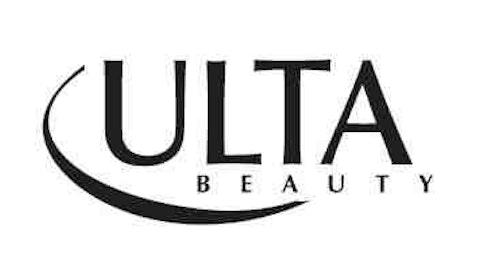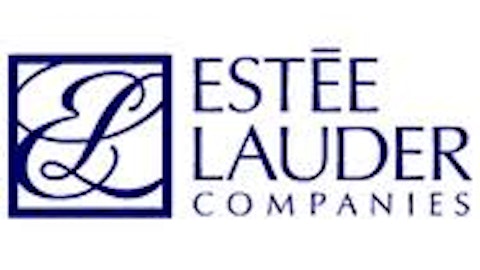Investors did not show much enthusiasm at Coty Inc (NYSE:COTY)‘s recent IPO. The fragrances and cosmetics company raised $1 billion by selling shares at $17.50 apiece and the stock’s price still remains idle. There were two primary reasons for the lack of interest among investors.
First of all, the IPO was a cash-out from the company’s owners. Mr Benckiser, Coty Inc (NYSE:COTY)’s biggest shareholder and the holding company for Germany’s Reimann family, are selling down their stake. Other shareholders, such as Berkshire Partners and Rhône Group, are also selling down their stakes through the offering.
Secondly, the shares that are being sold do not hold the same political power as the ones being held by the groups that control Coty Inc (NYSE:COTY). Even though all shares will have the right to receive the same cash dividends (for the moment $0.15 a year per share), the new share class created for the IPO will grant investors 10% of the voting rights held by existing stakeholders.
Taking a look at relative valuation
But what about Coty Inc (NYSE:COTY)’s valuation against its peers? The company, which produces the fragrances for “A” list luxury brands such as Bottega Veneta, was sold at an adjusted 24 times its price-to-earnings ratio, which is reasonable compared to its closest rivals. Companies such as the French giant L’Oreal, which trades at 24.5 times its 2013 price-to-earnings ratio, or Estee Lauder Companies Inc (NYSE:EL), which trades at 26 times its 2013 price-to-earnings ratio, all trade within the same multiple range. Even if it Coty does not seem relatively expensive, the company has many differences when compared to the likes of Lauder and L’Oreal.
First of all, Coty Inc (NYSE:COTY) has not grown its top line in the last nine months, while L’Oreal is expecting to grow sales by 5.5% in 2013 (after growing sales by the same amount in 2012.) Lauder (which owns brands such as Clinique, M.A.C and Bobbi Brown) is growing sales at a seemingly low 1.95% year-over-year rate, but the company is growing its earnings-per-share by 18.4% year-over-year. Lauder’s operating margins of 10.1% also outshine Coty’s 7.6% operating margins.
Coty Inc (NYSE:COTY)’s management may argue that its slow growth is due to its high exposure to European markets (which comprise 47% of the company’s sales), but those claims become invalid when we look at L’Oreal’s first quarter results. The French beauty giant is not only growing its sales but is also gaining market share in the developed world. The company’s organic growth of 5.5% was also a result of its performance in developed markets. L’Oreal posted an impressive 6.3% organic growth in the US, 1.7% growth in Western Europe and 9.4% growth in emerging markets.
Besides, Coty Inc (NYSE:COTY) has also made huge mistakes when trying to reap market share from the likes of L’Oreal and Lauder in emerging markets. For example, the company had to take $573 million worth of write-downs for its acquisition of skin companies Philosophy and TJoy Holdings. Europe’s recession is part of Coty’s problems, but its management should not blame European markets for all the operational mistakes that have been made in the last few years.
Bottom line
Except for very specific events such as families with issues related to succession, cash-outs are probably the worst reason to buy into an IPO. Every time you buy into an investment you must ask yourself two questions: “Why are these shares being sold to me?” and “Why would I know more about this company’s value than the person who is selling?” Professor Greenwald from the Columbia Business School always says that when somebody is buying, someone else is selling and, necessarily, someone must be taking the wrong decision. When you see a cash-out, be sure to beware so that you don’t become the patsy at the table.
Federico Zaldua has no position in any stocks mentioned. The Motley Fool has no position in any of the stocks mentioned. Federico is a member of The Motley Fool Blog Network — entries represent the personal opinion of the blogger and are not formally edited.
The article Watch Out with This Cash-Out IPO originally appeared on Fool.com and is written by Federico Zaldua.
Copyright © 1995 – 2013 The Motley Fool, LLC. All rights reserved. The Motley Fool has a disclosure policy.




